Welcome
I started this blog in 2013 to share my reflections on reading, writing and psychology, along with my journey to become a published novelist. I soon graduated to about twenty book reviews a month and a weekly 99-word story. Ten years later, I've transferred my writing / publication updates to my new website but will continue here with occasional reviews and flash fiction pieces, and maybe the odd personal post.
|
Wolf has lost his wife and, if he doesn’t get his act together, he might lose his daughter, at exactly the moment he needs her most. Michka is losing her words, but is desperate to use those remaining to express her gratitude to a couple she lost touch with in childhood, even though they saved her life. Although I’ve posted a few reviews already this year, these are the first of fiction published in 2021.
2 Comments
One strand is a fund-raising flash fiction contest that kicks off next Monday. This post is part of the prelude which I'll let the anonymous ringleader tell you about in her own words:
I’ve recently read these two memoirs which celebrate the fortitude of the authors’ mothers, especially in later life. Both stories are precipitated by a death: in the case of Alison Jean Lester’s memoir, it’s her mother’s confrontation with terminal cancer; for Geoff Le Pard, it’s the revelation of a new side of his mother’s character on becoming a widow. Both are touching tributes, peppered with poetry and humour.
Connections: The Sweet Indifference of the World & The Aunt Who Wouldn’t Die & Coming up for Air13/7/2020 Mmm, seems I’ve chosen books with long titles for this threesome! But the reason I couldn’t bear to choose a couple and leave the other on the sidelines awaiting a partner is that they are all about characters connecting in unconventional ways. Firstly, I review a novella in translation about a writer meeting a man who seems to be a younger version of himself. In a second translated novella, a woman ensures that more than her memory lives on after her death. In the third, a literary novel, two women are linked via an invention that a third character plays an active part in developing.
muddled pathways so that he’s imposed a strategy for achieving his next unlikely ambition – if a man of his talents can “lead” first a capital city, then a country, why not go for the Booker Prize? – upon the one of which he’s tired?
I felt grief when schools and pubs and restaurants were closed, despite not having much use for any of them; and guilt when a minor health issue kept me from my usual outdoor volunteering, with staffing already low as the over 70s were advised to stay at home. I welcomed the lockdown in bringing some order to an atmosphere of chaos and confusion, despite being appalled when I saw it happening to my publisher in Spain. I found a host of silver linings and even admired the most egotistical prime minister and the most extreme right wing government’s management of the crisis. And then the doctors and nurses began to die.
History with meddlesome jinns and fairies: The Ninth Child & The Enlightenment of the Greengage Tree29/2/2020 My two final reviews for February are of historical novels with touches of culturally-appropriate magic realism. They also feature the losses and gains of relocating from a major city to a rural area in a period of rapid social change. The first is about public health and engineering in nineteenth century Scotland; the second is set between the late twentieth century and the present in post-revolutionary Iran.
Although these two historical novels are very different, both sparked some deep reflection about the workings of the human mind, and especially how our reasoning and problem-solving is influenced by beliefs and assumptions which, in turn, are shaped by the times and cultures in which we live. Both are set primarily in mainland Europe – the first in the seventeenth century and the second towards the end of the nineteenth century and the beginning of the twentieth – and feature – predominantly in the first and latterly in the second – countries ravaged by war.
In both these novels, the first set in contemporary New York and Nice and the second in a hypothetical future Tokyo, an older man is looking after a young relative in less than ideal circumstances. In different ways, they illustrate generational interdependence and how the past actions, or inactions, of the older generation have brought about some of the difficulties experienced by the young.
If I’ve reviewed any other novels set during the Black Death that swept across Europe in 1348, I’ve forgotten them. These two, published in the UK this summer, are likely to stay in my mind for some time. The first set in Ireland, the second in southern England, they’re very different, although both original in their language and style. And disturbingly topical as we’re catapulted towards an apocalypse – both politically and climatically – of our own.
So often our actions, or inactions, have dramatic consequences, impossible to foresee. In very different ways, these two novels address this issue, the first in relation to carelessness, the second in life-transforming chance events. Each also explores the non-linearity of time. In addition, while the first includes a translator as character, the second is a translation itself – from the Finnish, my fourth for Women in Translation month.
Three short reviews of quirky novels published in the UK this month that have taken me around the world without having to leave my armchair. The first, set in Australia, marries historical fact with a lonely alien visitor. The second, set in South Africa, posits an alternative near future where the sick are quarantined. The third, a German translation set in Japan, pairs a suicidal student with an expert on beards for a journey in the footsteps of a revered haiku poet.
Hot on the heels of The Old Drift, I found myself reading another two debuts about hair. In the first, although I don’t mention it in my review, you can see from the cover image that Queenie has great hair; in the second, the title’s a giveaway. Both novels also address discrimination (albeit not deeply enough for my liking): in the first as experienced by a young black woman in London; in the second it’s the trials of a lower caste woman in rural India condemned to shift shit with her bare hands and a Canadian lawyer hitting a professional brick wall when she gets sick.
Two short novels about doctoring, by authors with direct experience of the profession. The first, set in Egypt, is a semiautobiographical novel first published over half a century ago by one of the world’s most eminent feminists; the second, set in India, is a magic-realism story by a male author (but we won’t hold that against him). By sheer coincidence, neither of these authors names their characters, instead referring to them by role. (At least they don’t distinguish them by diagnoses!)
Two British novels about the legacy of paternal violence for adult children, although the father’s tyranny in the first isn’t apparent until later on.
Two novels about eighteen-year-old women who abandon the advantages of their previous identities to make common cause with oppressed peoples, at great risk to themselves. In the first, set in 2000, Aden travels from a secular society in California to study Islam, and to join the jihad. In the second, set in 1944, Luce leaves her bourgeois family in Italy to experience first-hand the Nazi labour camps. Are these rebellious adolescents idealists or deluded, or a little of both?
When I shared my favourite books of 2018, I was disappointed not to be able to identify a single unifying thread. Except, perhaps, that each of my selected nineteen turned out to be so much better than I expected. Which got me thinking – and this isn’t particularly profound – how difficult it is to tell how much I’m going to like a book from the publisher’s advance information and blurb. That thought was at the forefront of my mind when I considered pairing my first two reads of 2019: both translations from the French set elsewhere, and featuring characters traumatised by war, but very different books. If you’re a regular visitor to annethology, I wonder if you can guess which of the two I was least looking forward to reading, but could well be one of this year’s favourite reads.
A couple of weeks ago, challenged to compose a 99-word story combining mashed potatoes with a superpower, I chose love. Because, as these two novels testify, along with a third I reviewed at the end of last month, love is rarely straightforward, and for some an impossible dream. In Land of the Living, Georgina Harding shows how a husband’s wartime trauma, in conjunction with his wife’s inexperience, acts as a barrier to intimacy. In the City of Love’s Sleep also focuses on romance, in this case the approach-avoidance dance of a man and woman still legally or psychologically bound to another, while Nothing but Dust is a startlingly honest account of the impact of a mother’s inability to love on herself and her sons.
I’m linking these novels less for the arboreal coincidence of the titles but because each is about the impact of another culture’s approach to death and/or ageing on a Westerner’s life. For the first, six months as a young man deep in the forest of a remote Micronesian island determine the course of his professional and domestic life; for the second, a glimpse of the culture of the Toraja people in Indonesia in middle age helps him mourn the loss of a close friend.
If adolescence was the invention of the baby boomers, it’s the millennials who’ve shown – along with recent(ish) research into the developing brain – that this interlude between childhood and adulthood lingers well into one’s twenties. At this stage of our lives, many of us are still experimenting with who and how to be, as these two debut novels illustrate in thoughtful and entertaining ways. The young female narrators juggle the legacy of patchy parenting; love triangles; envy and class privilege; and platonic and sexual relationships at the boundary between intimacy and privacy – and city living, one in London and the other in Dublin. Read on!
|
entertaining fiction about identity, mental health and social justice
Annecdotal is where real life brushes up against the fictional.
Annecdotist is the blogging persona of Anne Goodwin:
reader, writer, slug-slayer, tramper of moors, recovering psychologist, struggling soprano, author of three fiction books. LATEST POSTS HERE
I don't post to a schedule, but average around ten reviews a month (see here for an alphabetical list), some linked to a weekly flash fiction, plus posts on my WIPs and published books. Your comments are welcome any time any where. Get new posts direct to your inbox ...
or click here …
Popular posts
Categories/Tags
All
Archives
March 2024
BLOGGING COMMUNITIES
|
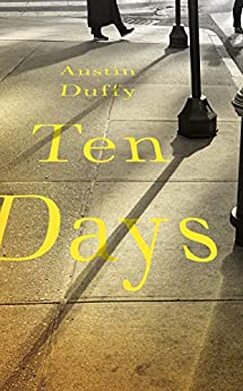
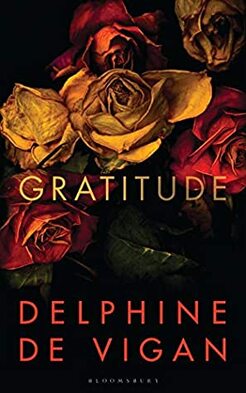

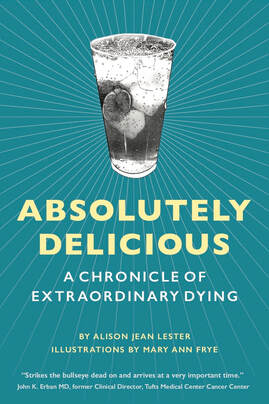
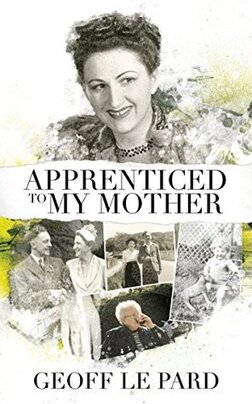
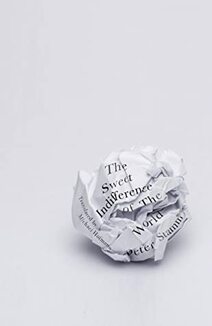
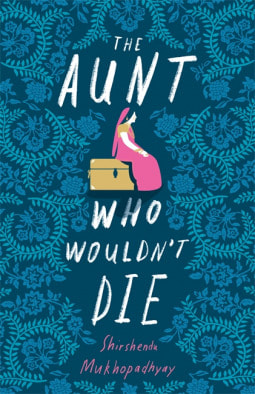
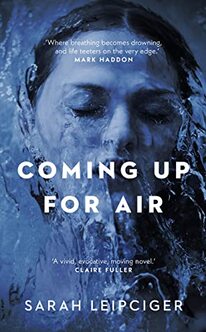
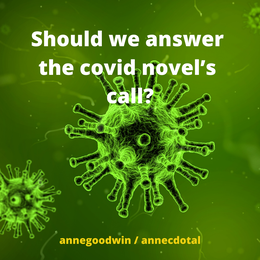
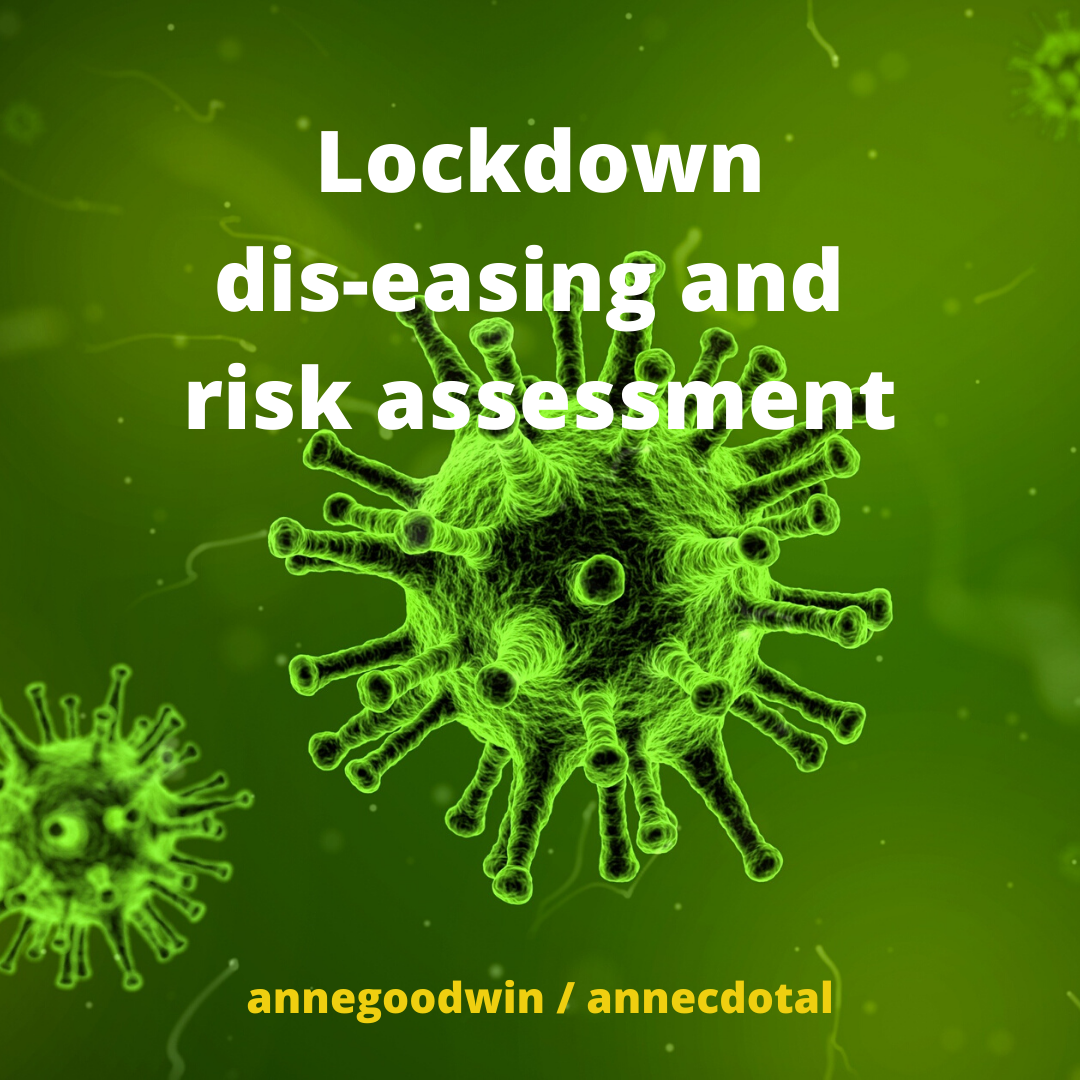
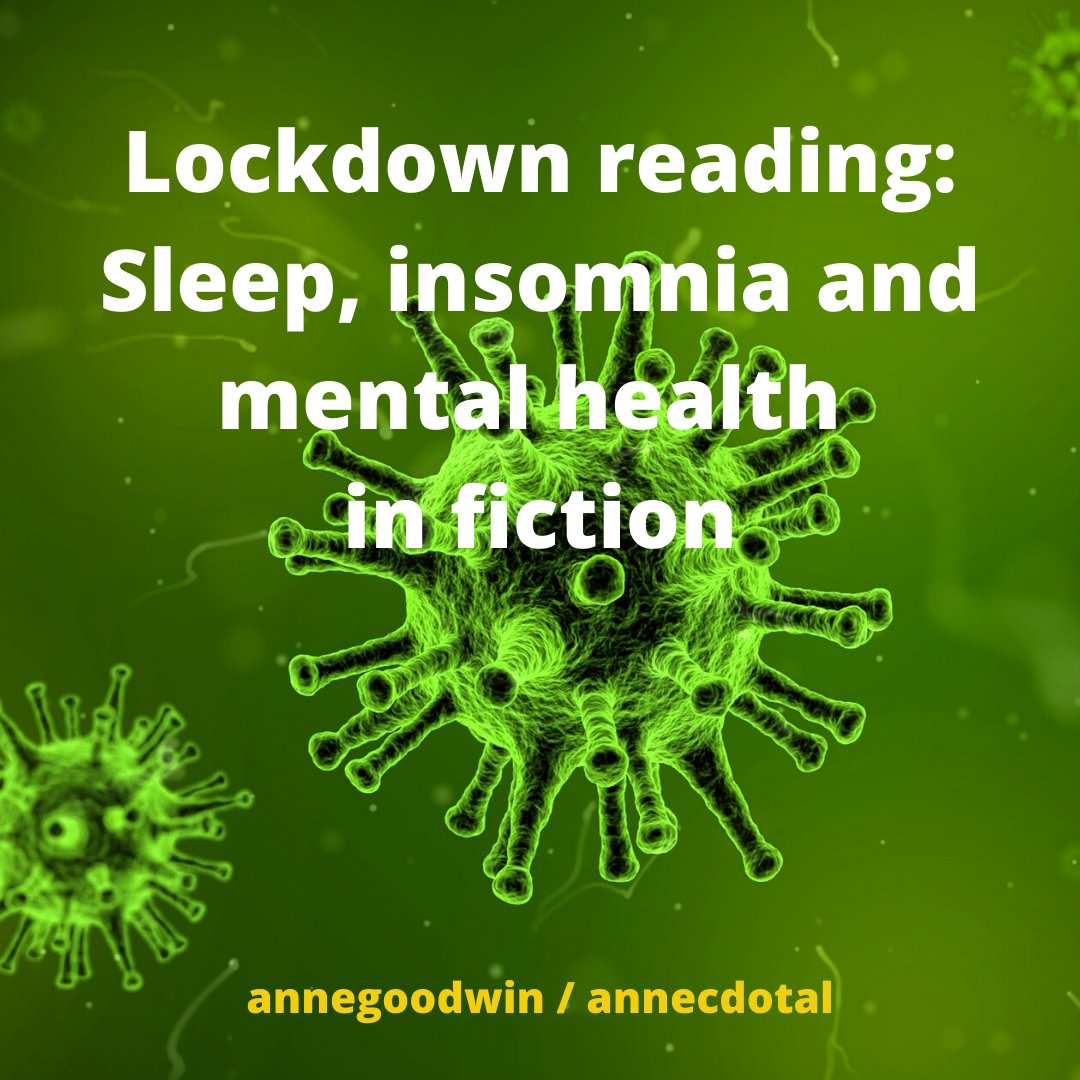
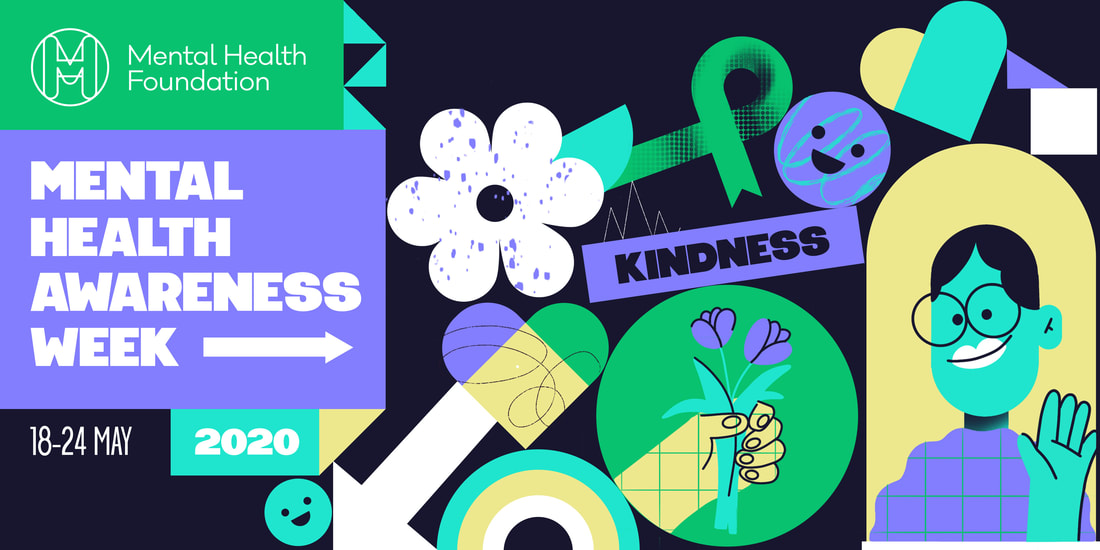

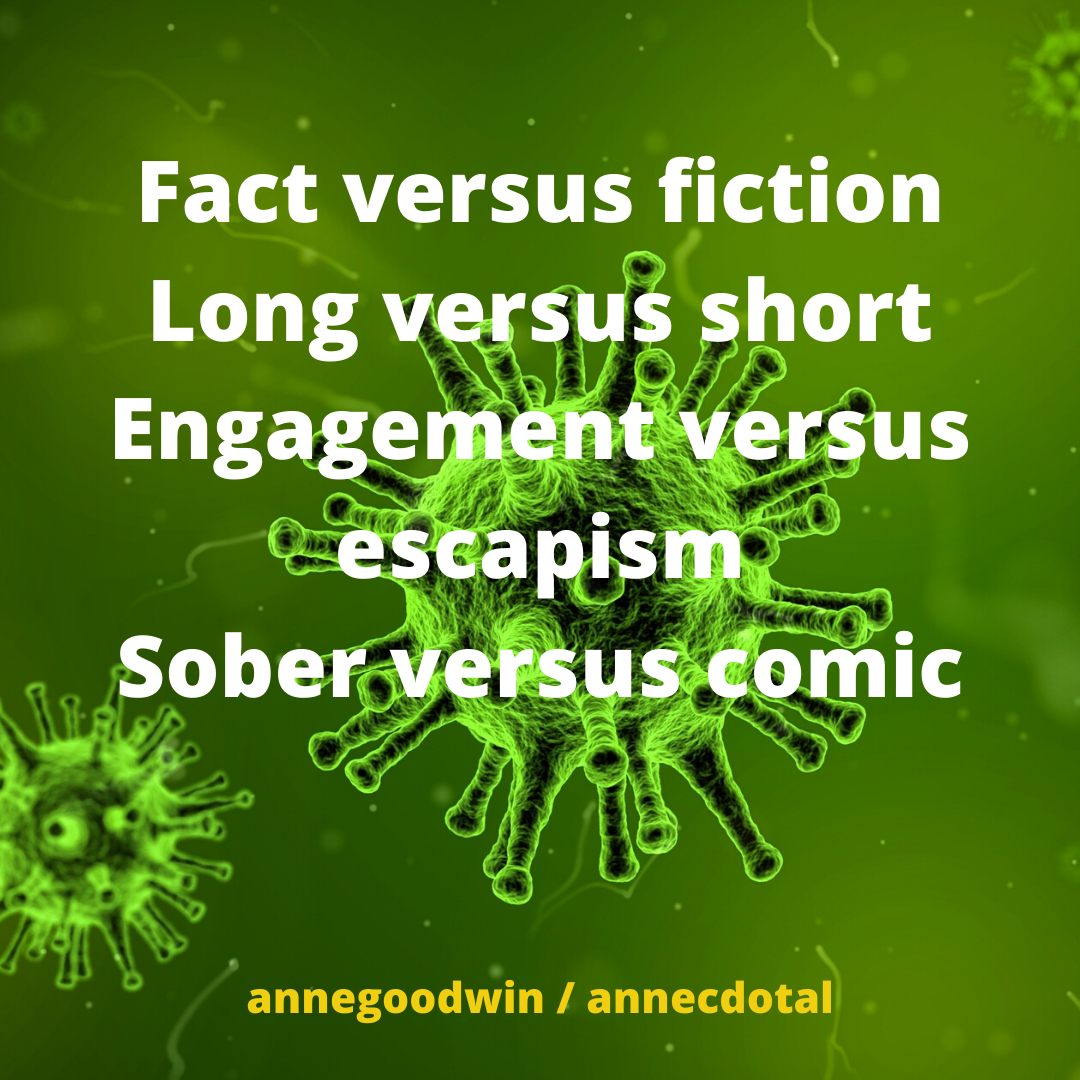
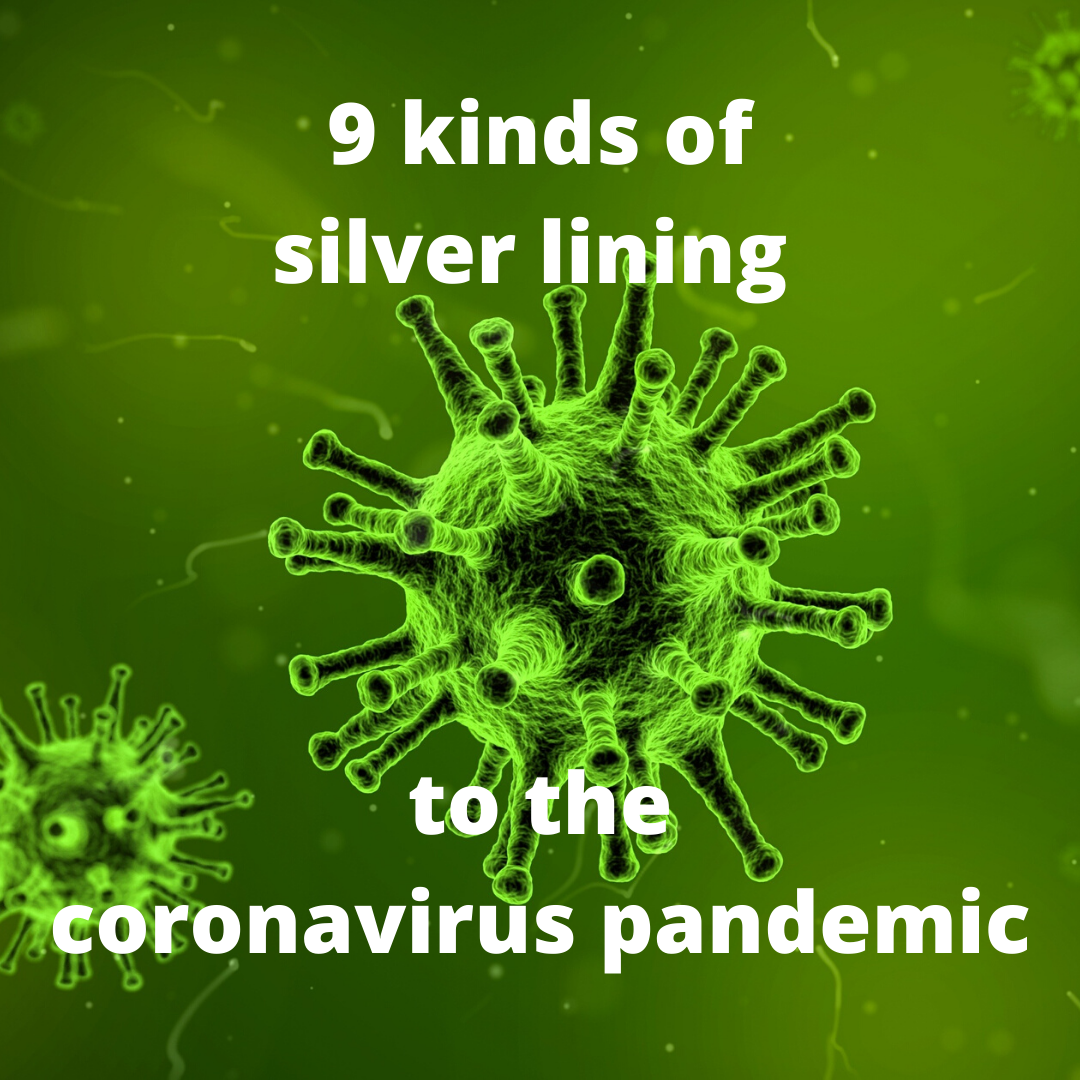
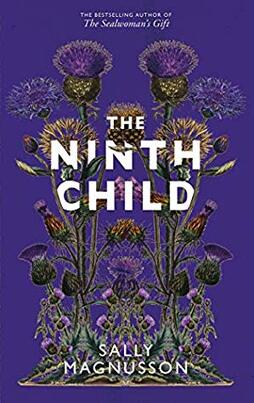
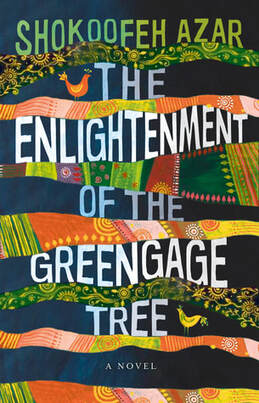
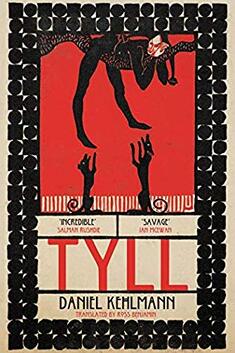
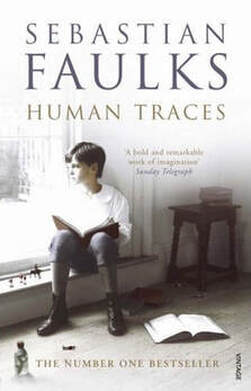
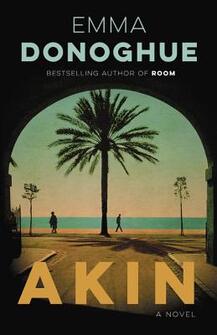
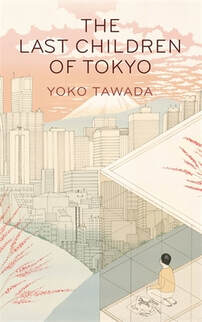
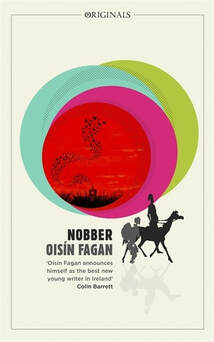
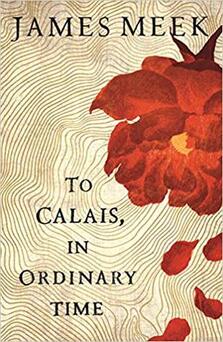
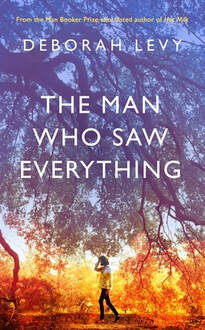
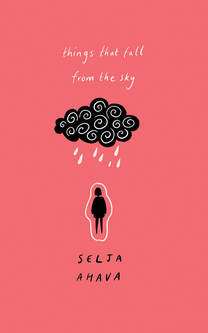
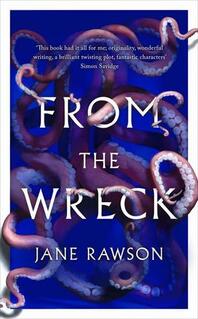
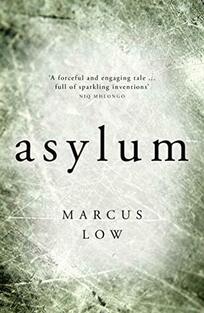
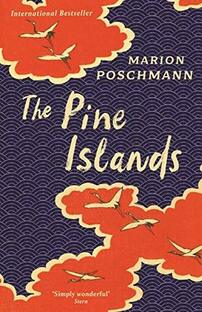
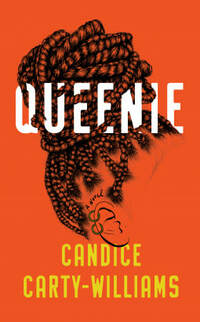
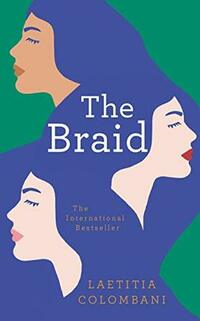
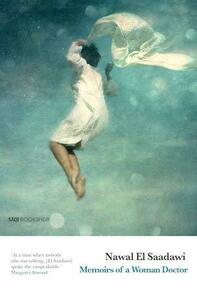
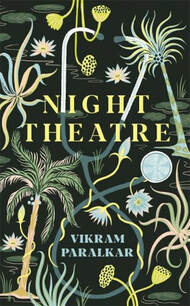
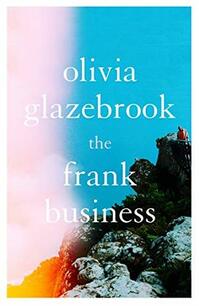
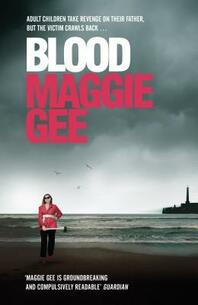
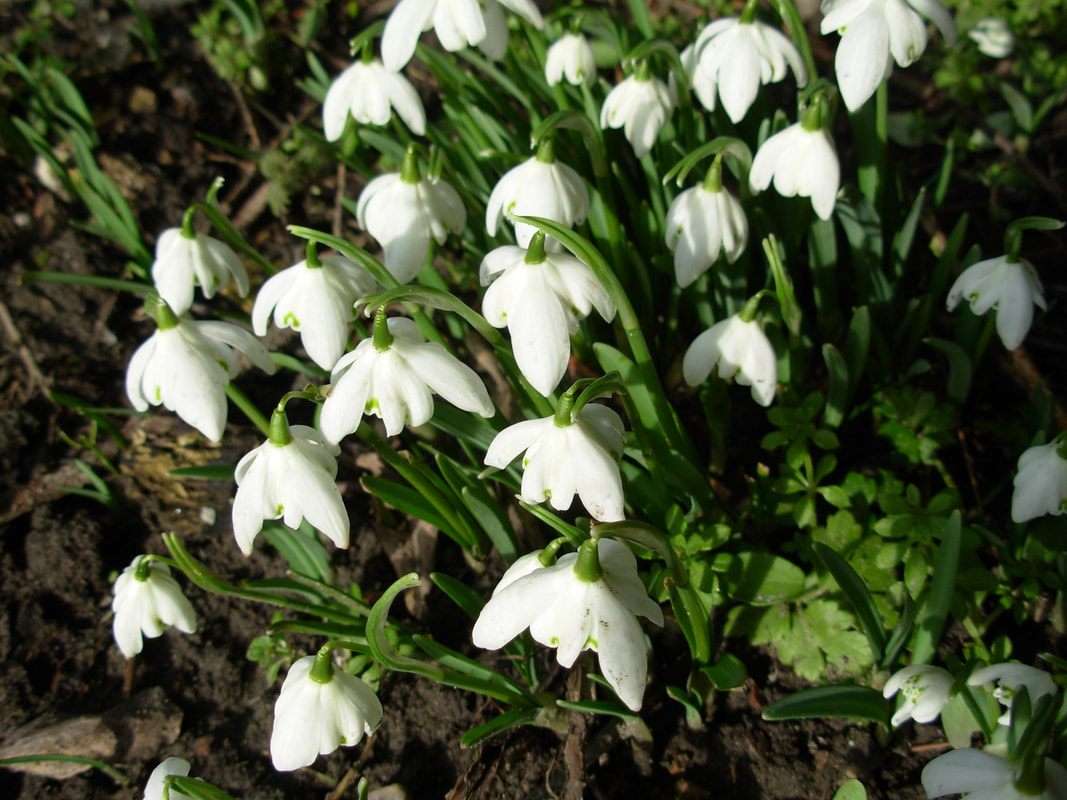
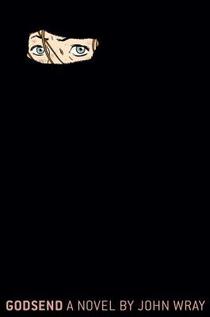
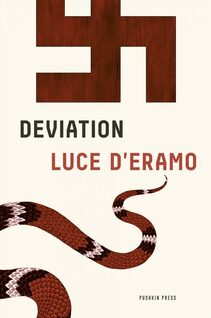
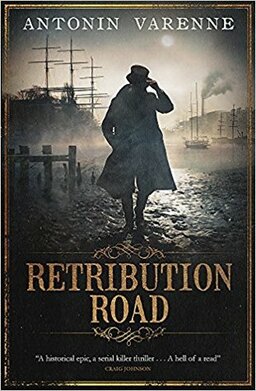
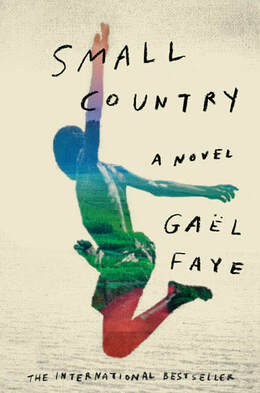
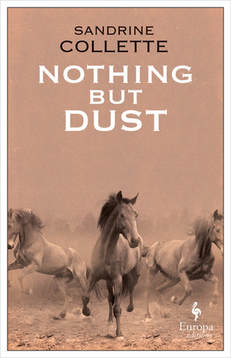
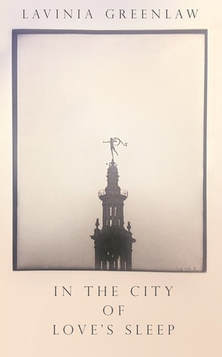
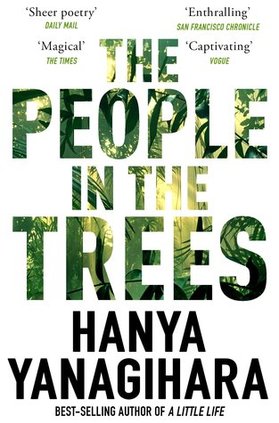
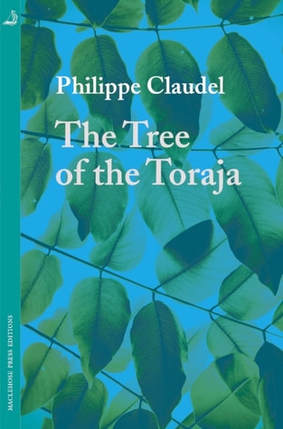
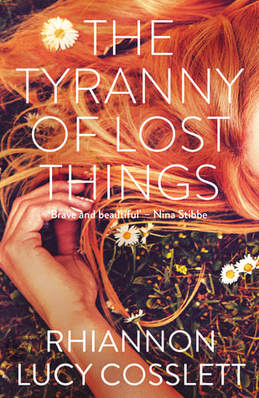
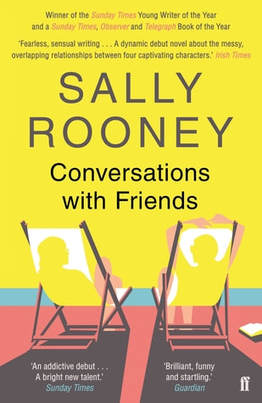





















 RSS Feed
RSS Feed





















